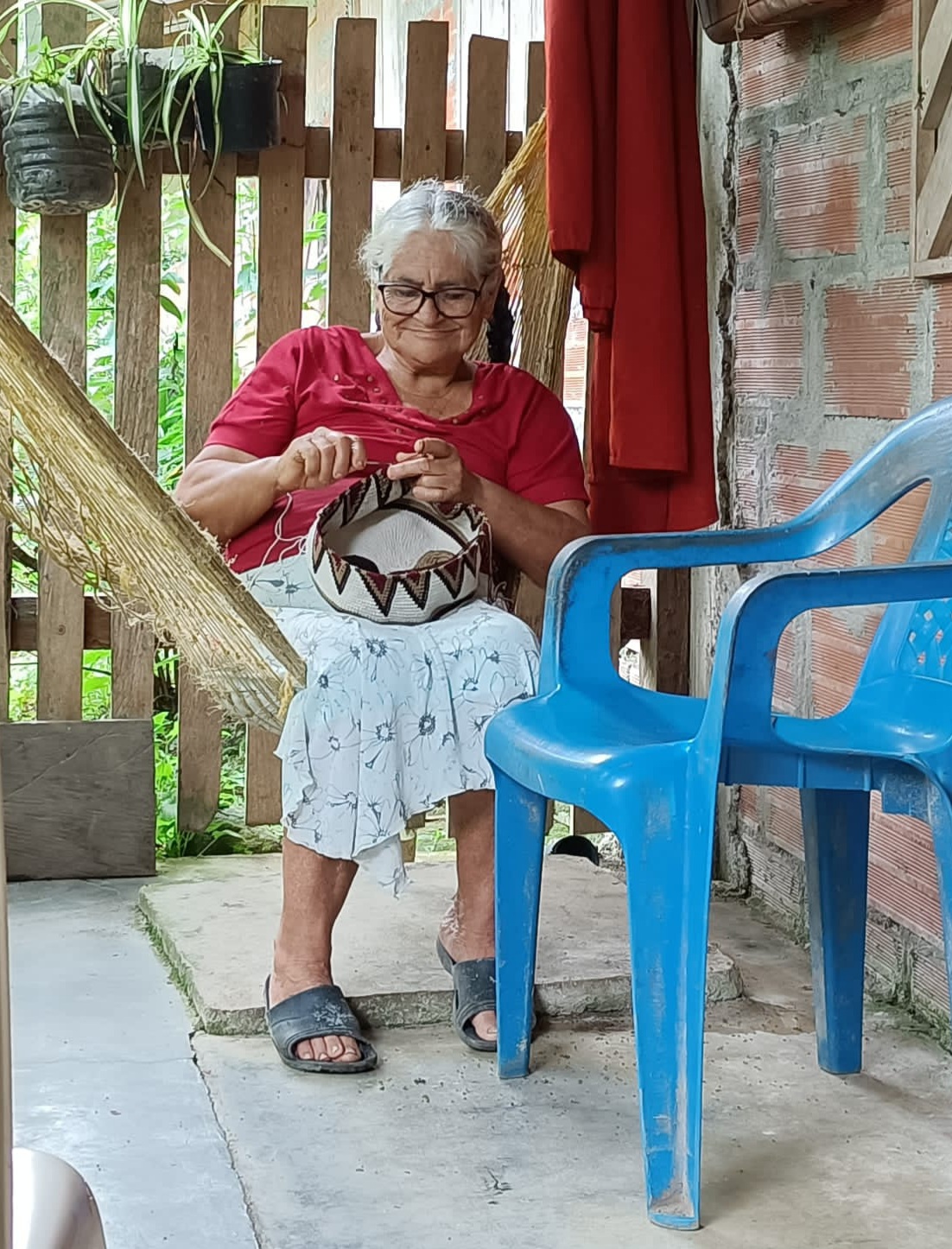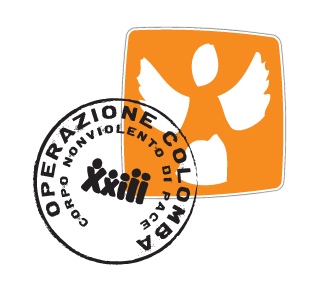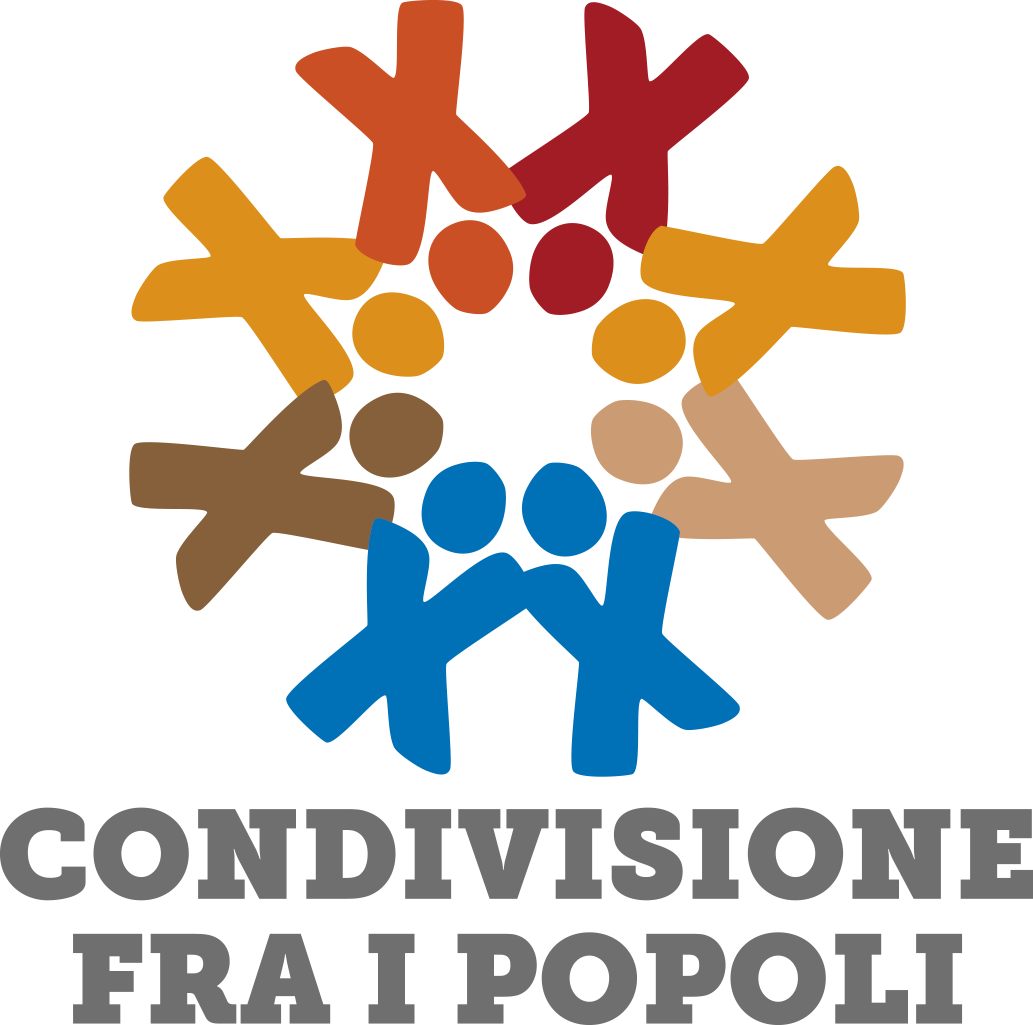 I’m almost at the end of my experience in one of the projects of Operazione Colomba: a few more days, then I will go back to Italy. My family, friends, and close acquaintances refer to my coming back as a return to "my reality". In fact, leaving home to dive into a completely different context, in order to wholly experience all its aspects, in an all-encompassing way, can have a very strong impact. Therefore, in some hard moments, the thought of going back home, where everything is known and without excessive unknowns, can bring a little security.
I’m almost at the end of my experience in one of the projects of Operazione Colomba: a few more days, then I will go back to Italy. My family, friends, and close acquaintances refer to my coming back as a return to "my reality". In fact, leaving home to dive into a completely different context, in order to wholly experience all its aspects, in an all-encompassing way, can have a very strong impact. Therefore, in some hard moments, the thought of going back home, where everything is known and without excessive unknowns, can bring a little security.
Yet I perceive a discordant note in this definition, something that bothers me. So I’ve started asking myself: what is "my reality''?
Isn't it what I'm living right here, right now? And won't I carry with me, imprinted in my heart-head-belly all these moments, this reality that has now become also “my reality”? As a matter of fact, am I not here to take on, as a human being and a citizen of a round-shaped world, a slice of responsibility to counter the injustices that afflict the planet?
That’s what I am supposed to do, as the reality of a globalized world can only be experienced in all its complexity and when I decided to come here, I did feel the need to find an example of resistance to the ugliness of a humanity, the contemporary one, which seems to have cut down the umbilical cord with Nature in order to pursue a fictitious, virtual and consumerist dimension that is clearly unsustainable over time.
That is because, in order for this unbalanced order to be maintained, millions of people still live in conditions of poverty, and become victims of conflicts whose beginning is nowhere to be remembered and whose end is nowhere to be seen.
This is the situation in Colombia, the homeland of one of my favorite writers, Gabriel Garcia Marquez.
He himself, a fine connoisseur of the most hidden corners of the human soul, summed up an absolute truth in one sentence, sparse and essential, which today I seem to be able to understand fully.
"He could not imagine that it is easier to start a war than to end it": this is how he describes the visionary blindness of one of the protagonists of his most famous novel ("One Hundred Years of Solitude"), referring to the Colombian conflict, which lasted more than seventy years, shifting from political ground to drug trafficking and the indiscriminate exploitation of natural resources.
Only its victims have not changed: civilians, who keep paying the highest price in the crossfire between torturers of every faction, illegal or not.
In such a violent context in which multiple generations were born, raised and lived without solution of continuity, the example of the Peace Community stands out peculiarly, because its members have managed to face all kinds of barbarities, perpetrated relentlessly by all the armed actors present in the territory since its foundation in 1997, remaining firm on the positions of total pacifism and neutrality.
These are my last days here, therefore, the other volunteers and I enjoy the precious company of the Community’s members, especially the older ones, who are its living memory, guardians of a history, personal and collective, and of History, which too often confuses losers and winners.
In these final moments I have the opportunity to visit one of the founders of San Josecito. As we are chatting, one of us asks her what is the reason why this nation, and the humankind, cannot find rest and peace. Her answer, so simple as to hurt, contains an explanation that is universal, with no distinction between "realities". She looks at us, smiling, and says: "What we lack is Love".

 OPERAZIONE COLOMBA
OPERAZIONE COLOMBA
